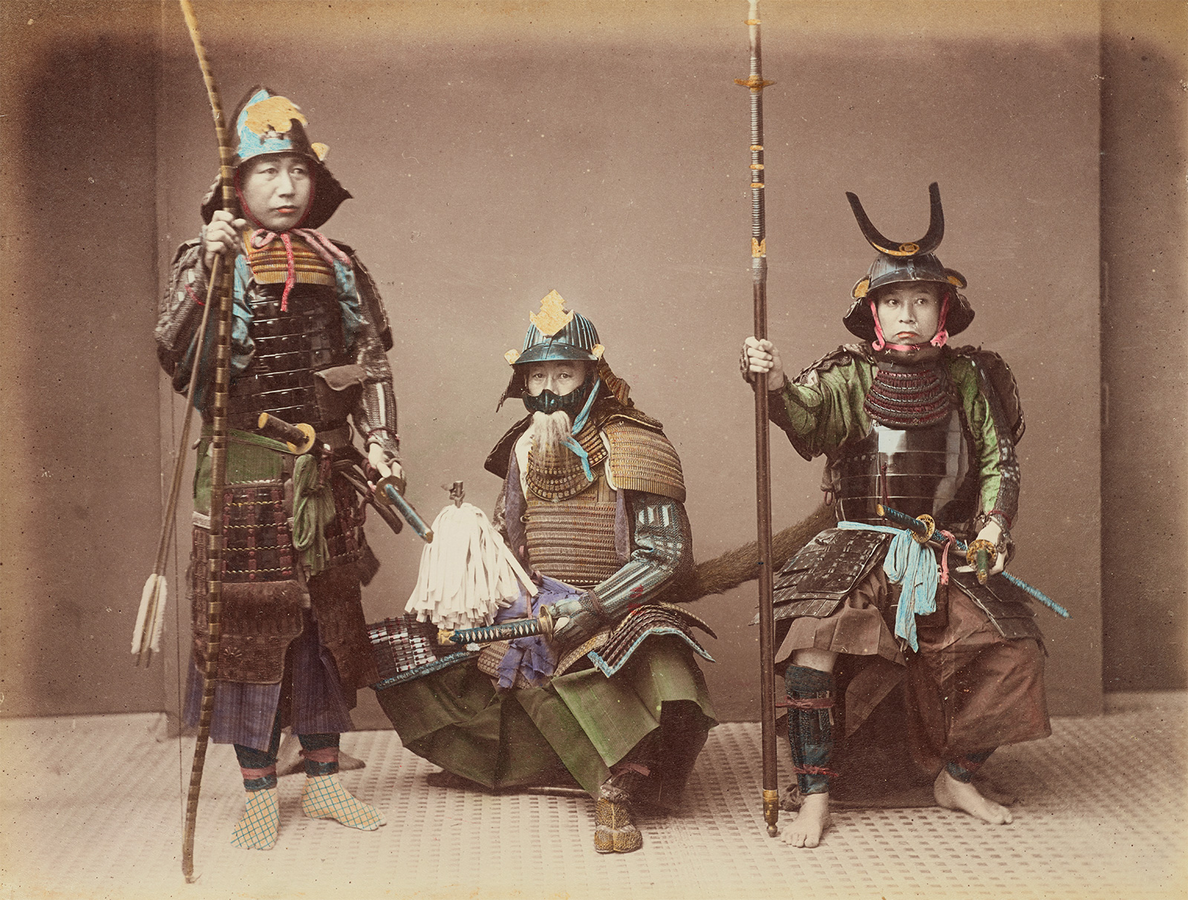Japan’s rich history and culture include the vital Bushido code. This ancient ethical code guided samurai warriors for centuries. Let’s look at its roots and historical context.
Bushido’s Beginning
The Bushido code, also called the warrior’s way, evolves over time, without a fixed starting date. It started in the Heian period (794-1185), with the rise of the Samurai. The Samurai, a powerful force in Japan, lived by strict morals.
The code took shape in the Kamakura period (1185-1333). With the Samurai as leaders, a behavior guide was needed for life and war. Philosophies like Zen Buddhism and Confucianism influenced this guide.
Zen Buddhism’s Impact
Zen Buddhism greatly influenced the Bushido code. Zen focused on discipline, self-control, and living in the moment–values adopted by the Samurai. They practiced Zen meditation, or Zazen. It helped improve their mental sharpness and focus, critical for battlefield success.
Zen Buddhism’s idea of mushin, or a mind that’s free and clear, was a vital element in the Bushido code. In this state, samurais could react instantly — crucial in a fight where seconds count.
Confucianism’s Influence
Confucianism, too, played a big part in the Bushido code. Its teachings stressed loyalty, respect, and familial love. Samurai culture deeply followed these values, defining their ethics.
Confucianism’s idea of “jin” or kindness was another vital Bushido element. This principle held that samurais had a duty of loyalty to their lords. They also needed to show kindness and compassion to others.
Changes in the Bushido Code
The Bushido code changed over time in response to societal shifts. In the Edo period (1603-1868), Japan had a long peace stretch, the “Edo peace.” This saw the samurais go from warrior roles to policymakers and thinkers.
Thus, the Bushido code started to value personal development, artistic talents, and intellectual work more. Samurais were now looked up to for their martial abilities along with their cultural gifts, like poetry and calligraphy. All-rounded education became important to the code.
Bushido Code’s Enduring Impact
The echo of the Bushido code lives on, transcending its period. People worldwide still feel its relevance. The tenets of honor, loyalty, purity, and self-control that the Bushido code presents are consistent and widely accepted.
In all walks of life, be it business, sports, or just our personal ties, the Bushido code acts as a compass for a more deliberate and significant existence. It makes us remember how vital it is to never sway from our beliefs and to always act morally, even in testing times.
To conclude, the precise origin period of the Bushido code might not be known, but the impact it’s had on Japanese culture, and beyond, is evident and indisputable. This old standard of behavior keeps spurring individuals on in their quest for greatness and personal improvement.





